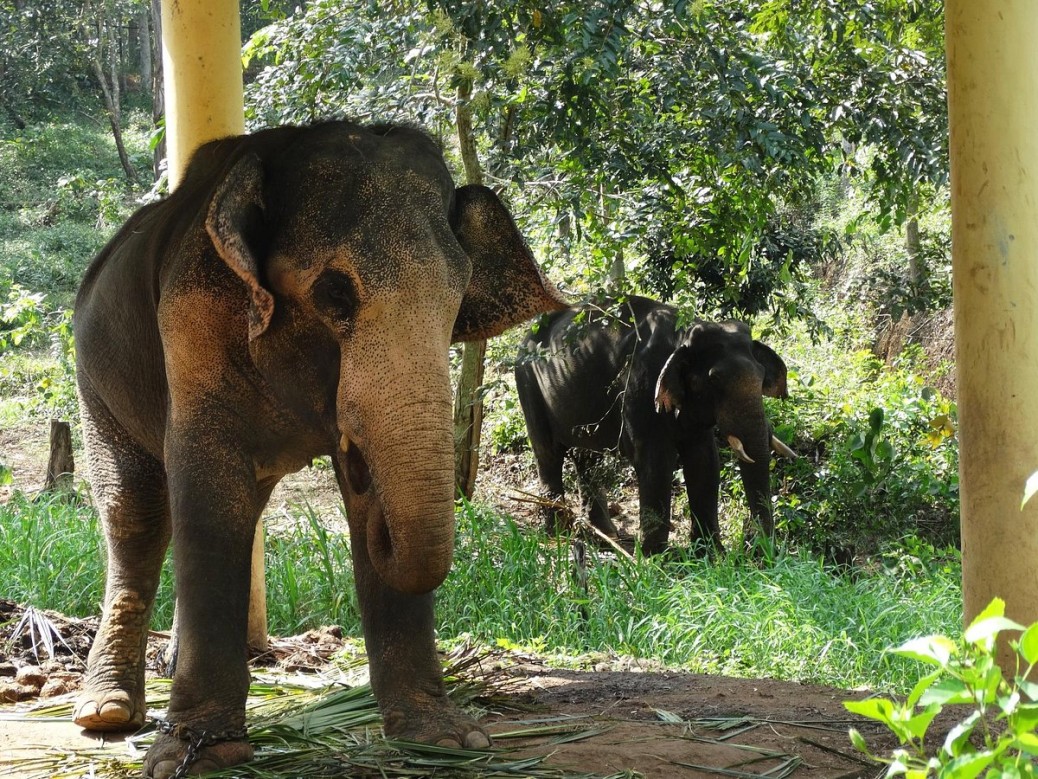Abundance
All the time we are surrounded by an abundance of beauty and the opportunity to find happiness in the present moment. As the popular Vietnamese Buddhist teacher, Thich Nhat Hanh says, “We can smile, breathe, walk, and eat our meals in a way that allows us to be in touch with the abundance of happiness that is available. We are very good at preparing to live, but not very good at living. We know how to sacrifice ten years for a diploma, and we are willing to work very hard to get a job, a car, a house, and so on. But we have difficulty remembering that we are alive in the present moment, the only moment there is for us to be alive. Every breath we take, every step we make, can be filled with peace, joy, and serenity. We need only to be awake, alive in the present moment.”
Mindfulness is not just about feeling present and happy all the time, however; it also helps us to deal with troubling situations as well. The key with mindfulness is that it is a practice that is nonjudgmental. This means we need to learn to notice everything that is going on without wishing it was different, whether it is a good or bad situation. Usually, in an unpleasant situation, once our negative emotions overwhelm us, it’s hard to see anything in a positive light and we can easily do, say or think the wrong thing which we will most likely regret later. But through the practice of mindfulness we can develop some distance between ourselves and our emotions so that we don’t cling to the thoughts and emotions as being something we identify with. It doesn’t become ‘my anger’ anymore; instead we see it as just ‘being angry’. So we no longer think ‘I am so angry!’ instead we can say to ourselves more calmly, ‘I am just experiencing some momentary anger and I know this will soon pass.’
Practicing mindfulness has many great health benefits including reducing stress, strengthening our immune system, and reducing psychological problems such as depression and anxiety. Mindfulness can be cultivated through doing practices such as yoga and tai chi, however, mindfulness has become popularized over the past decade through the practice of mindfulness meditation, which is a simple, yet profound practice that the Buddha taught to his followers 2,600 years ago. The practice of mindfulness meditation does not require the use of prayer or rituals. It simply requires us to focus on our breath.
Mindfulness is a practice that needs to be practiced, however. Rarely can we spend a few minutes in the present moment before our minds rush off thinking about something else. As Thich Nhat Hanh explains, “There is a story in Zen circles about a man and a horse. The horse is galloping quickly, and it appears that the man on the horse is going somewhere important. Another man, standing alongside the road, shouts, ‘Where are you going?’ and the first man replies, ‘I don’t know! Ask the horse!’ This is also our story. We are riding a horse, we don’t know where we are going, and we can’t stop. The horse is our habit, energy pulling us along, and we are powerless.”
Our minds have become habituated into being anywhere but the present moment, so it takes the training of mindfulness meditation to steer it onto a different and new course. A course, I must say, is much more participatory and enjoyable! By taking the reins of our crazy horse-like mind, we can finally become an active participant in our lives again. Coming back to the present makes us feel more alive, more in control, and it helps us to experience the beauty of everything so that we see everything as new and not the same boring routine again. Time becomes infinite; and we find inner peace because we can silence the mental commentary happening continuously in our minds. Or if we cannot silence it, we can at least loosen its grip on us. Our minds need proper rest and rejuvenation. Practicing mindfulness in our daily lives is like taking a break for the mind. I’m sure it is saying to us, “Oh, after 35 years you’re finally letting me breathe! Thank goodness!” Mindfulness allows us to remove some of the mental junk we’ve been weighing ourselves down with for far too long. In fact, mindfulness is the very antidote to all the mental proliferation that our minds constantly engage in. It helps us to see beneath the agitated thoughts to the spaciousness and calmness of our mind that was there all along. It is this peace and stillness which is really our true nature.
Tags: Abundance Art Of Life Let Go Practicing Mindfulness Relaxation And Awareness The Middle Path










